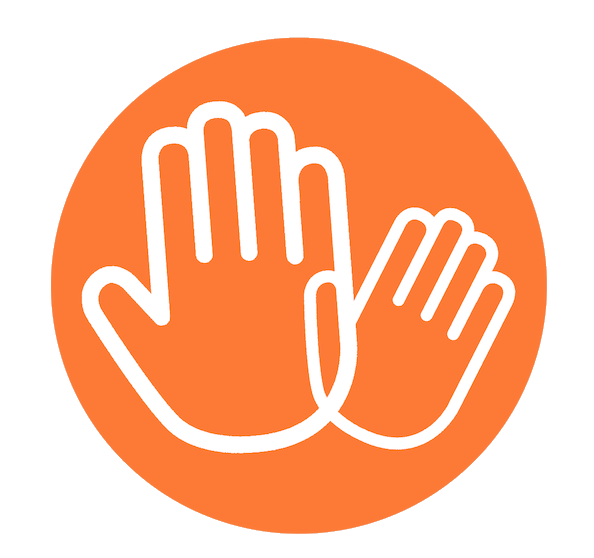Maria (our project coordinator) organised a second visit to the centre in September-October 2016. From an online meeting during her visit, she could not wait to share with us her positive feedback:
“It is wonderful to be back here and see the progress that the children have made here during the last three months… I am amazed by how much more confident and happy they are… then there is that lovely family feeling that permeates every corner of the centre … the way they interact with the local staff looks as if they have known them for years …”
A great achievement of the centre has been to setup of a measuring system to assess and track overtime the scholastic performance of the children. The system performs preliminary base line assessments of children’s literacy, numeracy and reasoning skills at the time of their initial registration, and then tracks their progress overtime. Along with the children’s intellectual skills, the centre performs assessments of their psychological and living conditions to get an understanding of how their overall mental well-being and economic situation may affect their development and seek possible solutions to improve it. Many of the children show a huge academic potential, despite their alarming level of illiteracy and disadvantaged situation.
The information retrieved through these assessments helps the centre to shape and design the educational programmes. All courses are structured into tailored small group sessions, where children can be nurtured back into learning through an inclusive and creative approach: happy children learn better and recover faster from trauma. This approach characterises all courses, from the original courses in maths and languages, to the brand new courses in information technology, science and handcrafts.
Our approach is proving very successful. For instance, in the first trimester, the system reported that more than 60% of the children enrolled in our centre advanced a full school year in less than three months.
Yet such a tailored approach appears to be an exception in Antakya. The other initiatives supporting Syrian refugee children in the same area tend to stick to a traditional and standardised read-and-repeat approach in overcrowded classes, thus neglecting children’s specific educational requirements.
We received confirm of this counterproductive practice during the registration for the second trimester. Several girls aged between 11 and 14 applied to our centre despite being already registered in other local schools. Having spent years out-of-school, these girls have been placed in classes with 5 year old children. This is demotivating them and their families to pursue education, and thus is compromising their intellectual development. These girls have realised that our centre represents a rare chance for them to access education, as our centre manager (Fadia) confessed to Maria: “if we don’t take them the street will”. The future women and mothers of Syria need to be given a better chance.
These challenges can only reinforce our commitment and determination is ensuring equal and appropriate learning opportunities to all Syrian refugee children. Our centre achieves that by appropriately assessing children’s needs and potential and tailoring their formation accordingly. We will provide those girls with the chance they deserve through a programme appropriately designed for them to recover the several years spent out-of-school and be reintegrated into formal education.
[rev_slider alias=”firefly-syria-antakya-visit-september-october-2016″]

